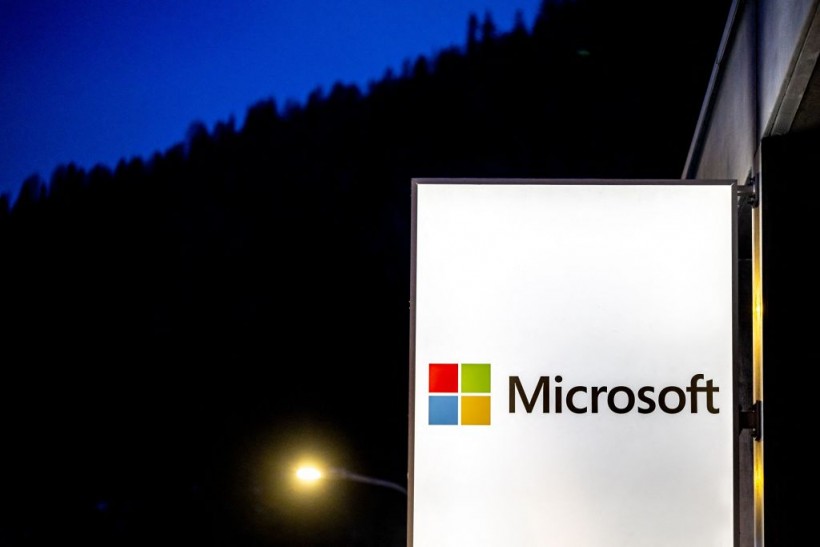Microsoft's plans to end Windows 10's support has raised concerns from Canalys Research as they expect around 240 million PCs to be disposed of, weighing comparable to 320,000 vehicles, as reported by Reuters.
This is because the research expects that in the almost two-year period leading up to Microsoft's official end-of-support date for Windows 10 - 14 October 2025 - around one-fifth of devices will become e-waste owing to incompatibility with the Windows 11 operating system.
Most of these 240 million PCs may be recycled if in excellent condition. Still, their incompatibility with the most recent supported version of Windows significantly diminishes their worth for refurbishment and resale. Regardless of the operating system, landfill is still a regular consequence of obsolete PCs.
While many PCs may continue to work for years after OS support ends, Canalys research warns that demand for systems lacking security upgrades may be limited.
Microsoft has unveiled a plan to deliver security updates for Windows 10 devices until October 2028 at an unspecified yearly cost.

(Photo : FABRICE COFFRINI/AFP via Getty Images)
This photograph taken on January 19, 2023 shows the logo of the American corporation Microsoft displayed during the World Economic Forum (WEF) annual meeting in Davos.
Suppose the pricing structure for prolonged Windows 10 support follows prior trends. In that case, Canalys believes upgrading to newer PCs will be more cost-effective, increasing the number of older PCs that will be discarded.
Microsoft plans to stop support for Windows 10 in October 2025. The next operating system version can potentially change the PC industry by including more artificial intelligence technologies.
According to Reuters, Microsoft has yet to comment on the matter, despite the company's commitment to zero waste programs, as reported by Economic Times.
Microsoft's Zero Waste Goal
In 2020, the Big Tech company announced it would be committed to its zero waste goal by reusing, repurposing, or recycling solid, compost, electronics, construction and demolition, and hazardous wastes by constructing the first-of-their-kind Microsoft Circular Centers within their data centers to reuse and recycle servers and gear.
These initiatives are reportedly set to enable Microsoft to cut almost as much trash as the tech firm creates.
The company also stated it would be eliminating single-use plastics from its packaging, employing technology to enhance waste accounting, and encouraging its staff to decrease personal trash footprints.
Circular Economy Against E-Waste
Canalys Research states that to prevent the impending millions of electronic waste set forth by Microsoft's plans, device suppliers and operating system vendors must extend the useful life of their goods.
OEMs must build their devices with durability, repairability, and recyclability in mind to support the circular economy. OS suppliers must ensure these devices remain useable and safe for as long as feasible.
When combined, these initiatives may help end users, partners, and ITAD professionals ensure that devices are not abandoned prematurely but given a second chance through repair, redeployment, refurbishment, and resale.
However, the research maintained to be less hopeful with this suggestion as, despite a forthcoming EU legislation forcing smartphone and tablet producers to provide functional and security upgrades for a specified length of time following a device's introduction, no restrictions are driving this move in the PC sector.
Meanwhile, the researchers added that cross-industry collaboration may be the only way to address the technology sector's grave and ongoing e-waste problem.
Related Article: Microsoft, Sony, and Other Gaming Companies Taking a Stand Against Climate Change: What Are They Doing So Far?









